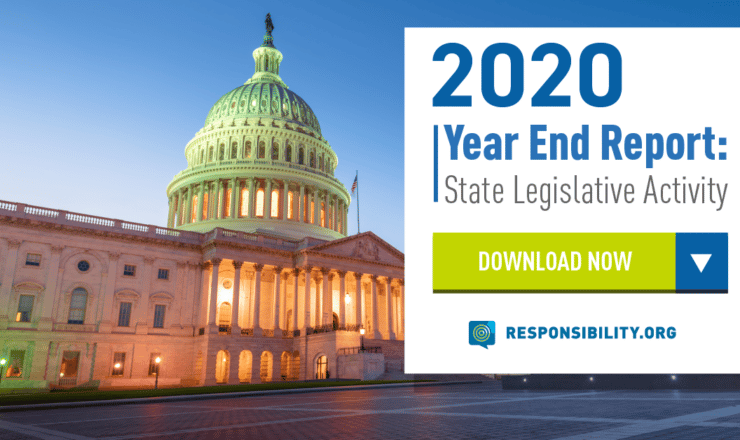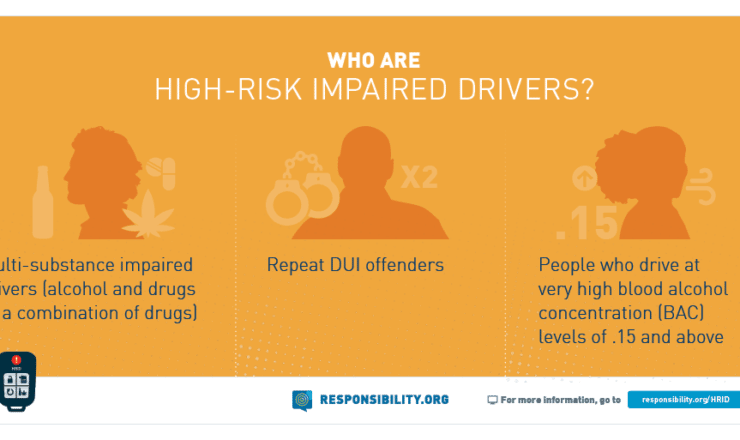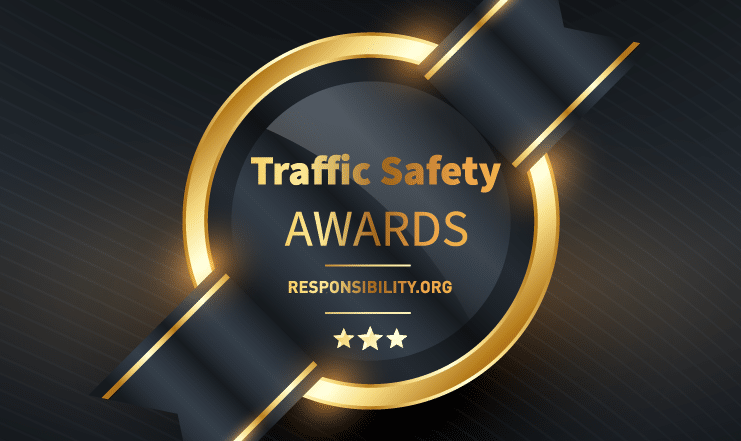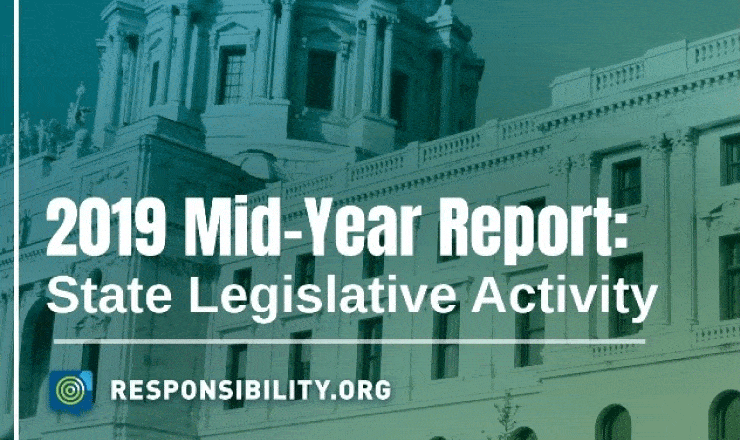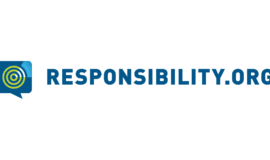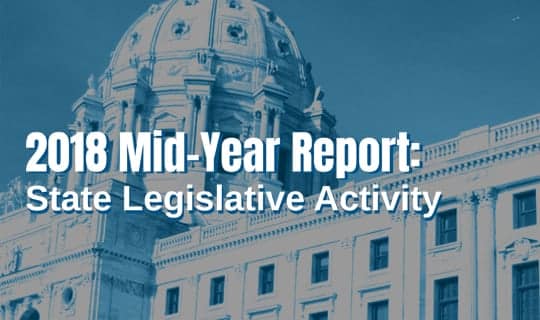Judges Provide a Roadmap to Address Impaired Driving
On May 29th, Responsibility.org and the National Center for DWI Courts (NCDC) held a joint briefing on Capitol Hill to explain why repeat impaired drivers remain on the roadways and how the system can do a better job of increasing accountability. Four national judicial leaders and Responsibility.org Judicial Advisory Board members joined us for this interactive discussion with Congressional staff and partners. Judges Anchondo, Barrasse, Kennedy, and Vlavianos outlined why DUI offenders are a unique population and discussed how we can improve the way that the criminal justice system does business. Four important takeaways from the event:
- Screening and assessment should be done with every single DUI offender to identify their risk level and specific treatment needs (e.g., substance use and mental health disorders). Instruments being used should be validated among a DUI population to ensure that risk level is adequately captured. Two such tools are the Computerized Assessment and Referral System (CARS) and the Impaired Driving Assessment (IDA). Both are available free of cost.
- DUI offenders are a unique population and have different supervision and treatment challenges than other types of justice-involved individuals. Ideally, screening and assessment should be done at the pre-trial phase to provide the court with adequate information about the individual and to also facilitate early intervention.
- Alcohol monitoring technologies such as ignition interlocks are effective in separating drinking from driving. However, to maximize the benefits of technology and facilitate long-term behavior change there must be swift responses to non-compliance and the technology should be used in tandem with treatment. A device is not a substitute for a treatment program.
- DUI Courts are the model best suited to dealing with high-risk, high needs impaired drivers and more jurisdictions should consider implementing this program. Adaptations of this model, such as a tracked approach in San Joaquin County, CA, can take DUI Courts to scale and serve a larger population.
Thank you to everyone who engaged in this important dialogue. We hope that Members of Congress will take these important points into consideration as they work to renew the FAST Act in 2020.







